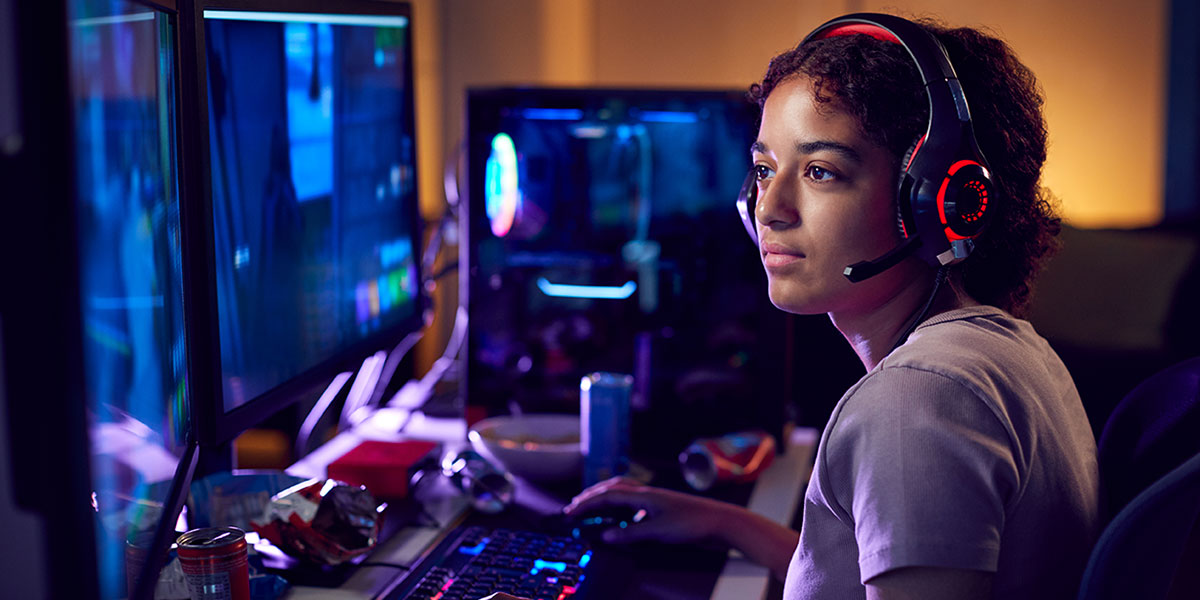Here’s why schools should promote esports.
The growing popularity of esports is attracting schools to use esports. Parents and educators have resisted the idea of organized esports Karalius in schools, even though research shows that participation in school activities improves students’ performance and well-being. However, current trends suggest that this could change soon. In colleges and high schools, esports remains a spectator sport and an industry. The esports industry has grown exponentially and is expected to continue growing exponentially for the foreseeable future. Additionally, esports is rapidly becoming more common in schools.
Those who don’t like the idea of a digital activity as a sport would argue that esports in schools have already become a common extracurricular activity. The many reasons esports in schools can be very good are discussed below. Do we explore these controversies in our article is Esports a Sport?

Playing esports in school provides students with valuable skills.
Team sports teach valuable skills, which is why many parents encourage their children to participate. They provide a unique opportunity to teach valuable life lessons beyond the classroom. Esports is no different from any other sport, as the skills you practice and hone in a team also apply to any sport. These skills include:
- Managing conflict, active listening, and respect are crucial to working well with others, whether we call it teamwork, cooperation, or collaboration.
- Teammates and coaches need to have social skills. Social skills build interpersonal relationships. Besides those noted above, social skills also include key basics such as keeping eye contact and exhibiting appropriate body language. Those with limited social experiences are particularly susceptible to skill deficits. They should refrain from interrupting and share ideas when and how. These kids learn and practice these skills by participating in a school esports team So, as talked by Karalius.
- The sport requires quick and strategic thinking. Setting goals, assessing the competition, and considering the strengths and weaknesses of each individual are all part of strategic planning and thinking. As team members, students learn to establish tactics, put together game plans and adjust execution as needed.
- The tough lesson of life is that sometimes things don’t always go your way. No matter how well you prepare, you may not always succeed. Learning to cope with the emotions of losing and winning helps kids become resilient.
- Maintaining academic standing is crucial for students who want to participate in school teams. Successful participation in school teams requires understanding and implementing executive function skills like time management and organization.
- Esports teams typically travel to tournaments several times each year. This allows them to develop skills in planning, packing, budgeting, scheduling, and managing the various travel aspects. Travel can develop critical thinking skills, adaptability, and grit, as well as the ability to adjust to different regional cultures, use public transportation, and share space with a roommate.

